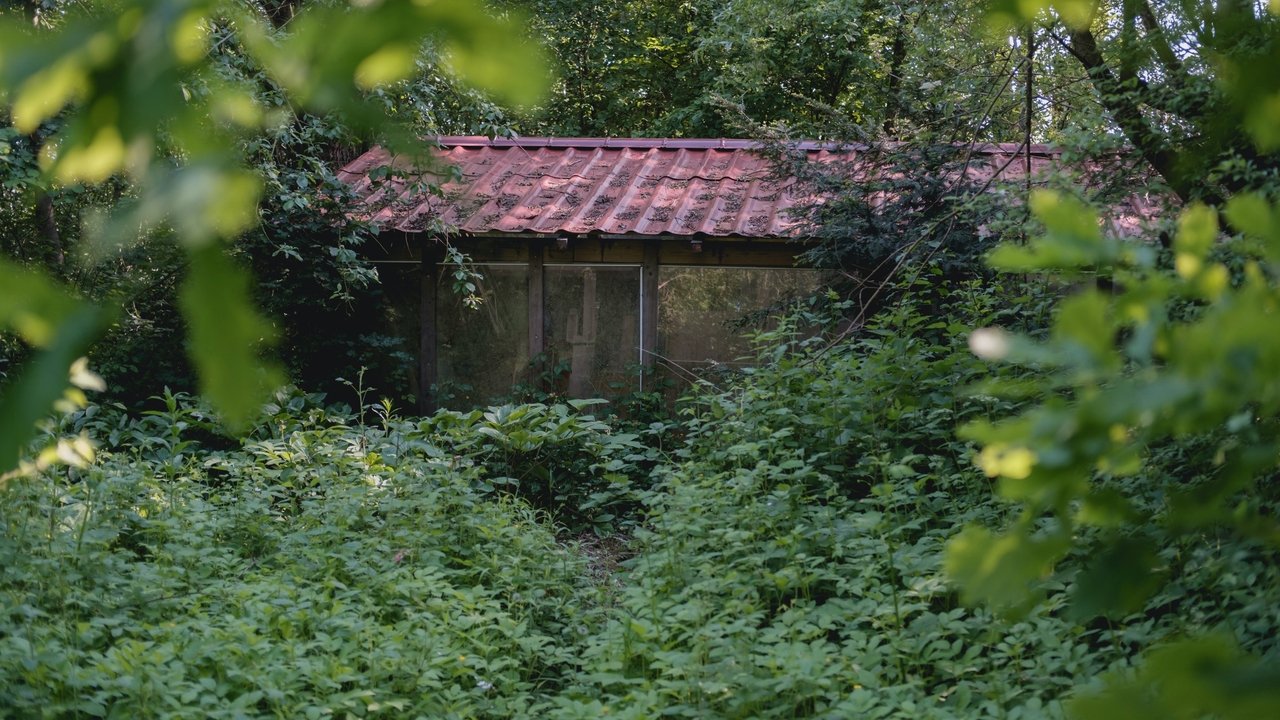
Behind The Garden Gate(2023)
Homegrown biodiversity doesn't come naturally.
'Behind The Garden Gate' is a documentary film about homegrown biodiversity and the challenges that come with it. In the 1970s Guus Lieberwerth and friends cleared a patch of agricultural wasteland in order to take care of rare and endangered plants and animals. Now, 50 years later nature is thriving within a hidden paradise just five minutes away from a city centre, but even closer to systemic pressures and land developers.
Movie: Behind The Garden Gate
Top 3 Billed Cast
Video Trailer Behind The Garden Gate
Similar Movies
 7.0
7.0City of Wax(en)
City of Wax is a 1934 American short documentary film produced by Horace and Stacy Woodard about the life of a bee. It won the Oscar at the 7th Academy Awards in 1935 for Best Short Subject (Novelty). Preserved by the Academy Film Archive in partnership with the UCLA Film and Television Archive in 2007.
Walking with Students(en)
Join nature presenter Barnaby Clutterbuck in this deep dive into the rich and beautiful lives of the creatures that inhabit universities.
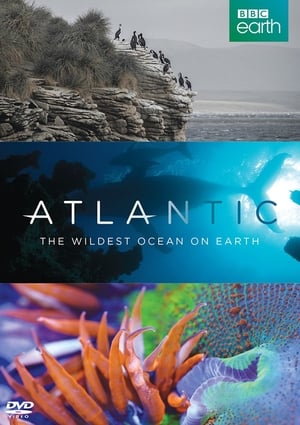 7.3
7.3Atlantic: The Wildest Ocean on Earth(en)
This landmark series explores a vast ocean that stretches nearly 10,000 miles, from Arctic to Antarctic and from sun-drenched tropical reefs to crushing abyssal depths. Over three programmes it reveals the amazing, surprising and resilient inhabitants of the Atlantic, both animals and people, as they pit themselves against the world’s wildest ocean.
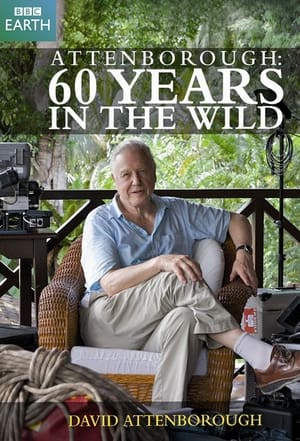 6.6
6.6Attenborough: 60 Years in the Wild(en)
Over three very personal films, Sir David Attenborough looks back at the unparalleled changes in natural history that he has witnessed during his 60-year career.
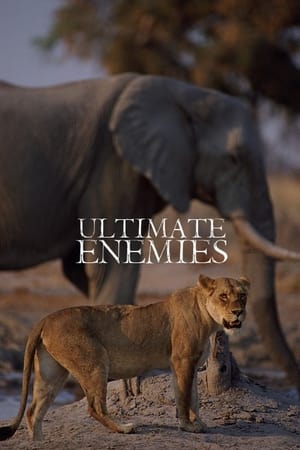 0.0
0.0Ultimate Enemies: Revealed(en)
National Geographic filmmakers, Dereck and Beverly Joubert, explore how some animals are thrust together by the forces of nature-sometimes through a millennium of evolution or even last year’s drought. In the aftermath of strange elephant deaths, they piece together a visually stunning story that confirms their theory that lions were hunting elephants. Narrated by Jeremy Irons.
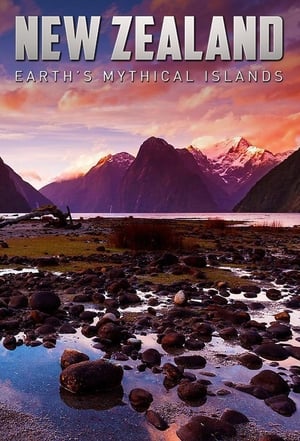 7.8
7.8New Zealand: Earth's Mythical Islands(en)
Isolated from the rest of the world since the time of the dinosaurs, New Zealand’s magnificent wildlife has been left to its own devices for 80 million years, with surprising consequences. This series reveals New Zealand’s rich and intriguing wildlife stories, from the bustling communities of penguins hiding away in giant daisy forests to the kakapo – Earth’s only species of flightless nocturnal parrots. New Zealand was also the last place to be discovered and settled by people who brought with them new animals, like merino sheep and new predators like the stoat. Finally the series meets the pioneering conservation heroes who are fighting to save some of its most endangered species.
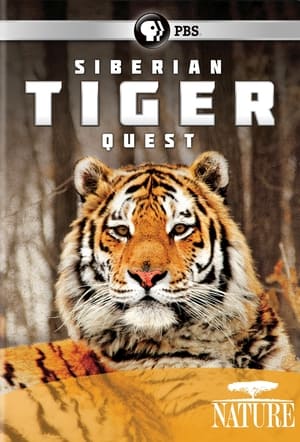 0.0
0.0Siberian Tiger Quest(en)
Embark with conservation ecologist Chris Morgan on a great challenge: to find and film the Siberian tiger.
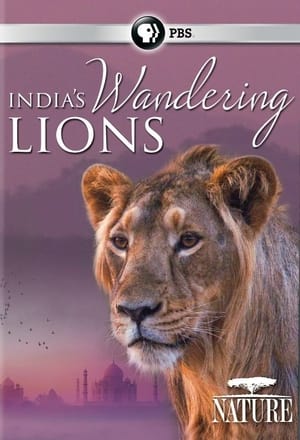 0.0
0.0India's Wandering Lions(en)
Once facing extinction, Asia's last wild lions live dangerously close to India's villages.
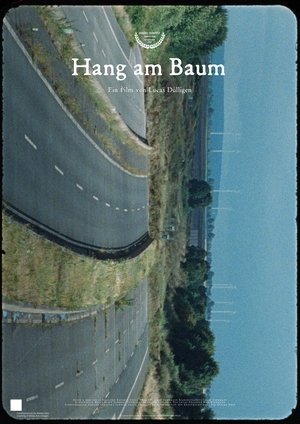 0.0
0.0Leaning on the tree(xx)
An apocalyptic sound of roaring machines incessantly intrudes into the habitats of man and nature. Barren landscapes and deserted villages linger in hypnotic restlessness. A self-destructive system meets resistance.
 6.0
6.0Living Landscapes: Bali(en)
Wildlife Bring the exotic beauty of this island paradise into your home with the vibrant sights and sounds of exotic wildlife, ancient water pools, mystical temples, and traditional Balinese music. Sacred Sites Visit the mother temple of Besakih and absorb the serene beauty of the ocean temple at Tanah Lot. Water Temples Experience the magic of a beautiful stream as it flows through acres of ancient pools adorned by intricately carved statues and fountains. Review Transforms your television into a mesmerizing and peaceful journey through glorious, exotic locals. Filmed in High-Definition, gentle background music and 5.1 surround sound add to the immersive experience. --New Age Retailer
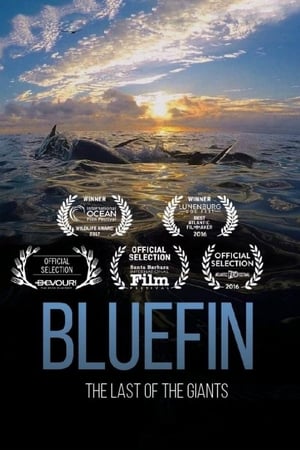 7.2
7.2Bluefin(en)
Bluefin is a tale of epic stakes set in “the tuna capital of the world.” In North Lake, Prince Edward Island, filmmaker John Hopkins tries to shed light on a baffling mystery: normally wary bluefin tuna no longer fear humans, and no one is quite sure why. Astonished Island fishermen and scientists offer conflicting explanations for the bluefin’s puzzling behaviour. One thing is certain: this great resurgence of gigantic tuna flies in the face of scientific assessments claiming that endangered stocks are down by 90 percent.
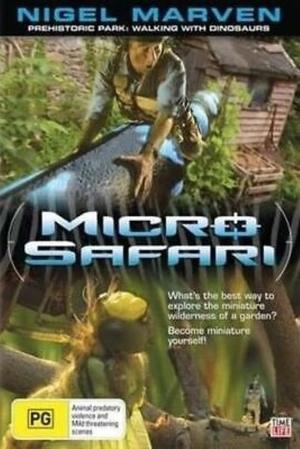 0.0
0.0Help! I'm No Bigger Than a Bug(en)
ITV Naturalist Nigel Marven stars in this drama-documentary in which he explores his own back garden, in all its intricate detail. Shrunk to the size of an ant, he and his two companions - technical assistant Laura Green (Sarah Matravers) and driver Doug Kruger (Robin Lawrence) - embark on a mission to cross Nigel's back garden in just 24 hours. Along the way they meet some of the many thousands of creatures that fight for survival every day in these urban jungles .
A Little Fish in Deep Water(en)
Lake Tanganyika is an 'Ocean' in Africa. Millions of years ago it was colonized by a little fish called 'Cichlid'. Otters, crocodiles, cobras and cormorants all hunt the fish in clear water. How the Cichlid survived and evolved is an incredible story for, millions of years later, there are over 200 new species - all found only in Lake Tanganyika. Incredibly, they have evolved to look like coral reef fish. There are cichlid equivalents of tuna, snapper, gobies and goatfish. They have evolved bizarre methods of breeding with mouth-incubation, lekking and, unique amongst fish, there is even a cuckoo. Despite all their specialization over millions of years, if an opportunity presents itself, the little fish can behave like their unspecialized ancestor. In the climax of the film, they bang together to feast on a hatch of sardine fry. This is the story of how one little fish has conquered a lake.
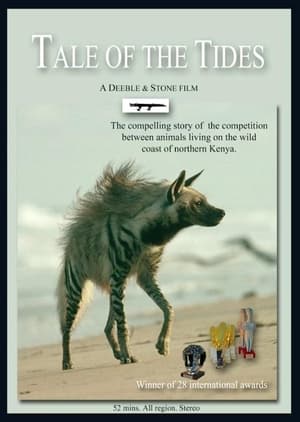 0.0
0.0Tale of the Tides(en)
In Africa there is a fable that explains the creation of the tides. When a hyaena challenged a mudskipper to a drinking contest to decide who should own the shore, the god Mungu tilted the earth so the sea flowed inland, and neither could win.
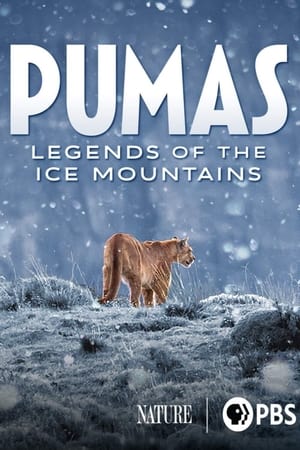 8.5
8.5Pumas: Legends of the Ice Mountains(en)
Travel to the ice mountains of Chile to discover the secrets of the puma (aka panther, mountain lion and cougar) the area's largest predator. Discover how this elusive cat survives and follow the dramatic fate of a puma and her cubs.
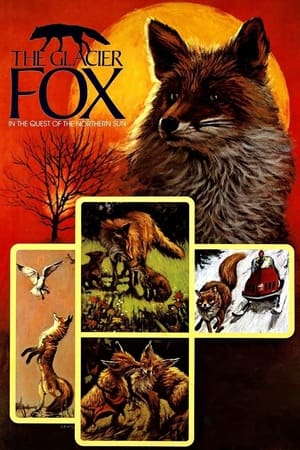 7.8
7.8The Glacier Fox(ja)
Director Koreyoshi Kurahara chronicles a year in the lives of Flep and Leila, two foxes living in Hokkaido, Japan's northernmost island, where the freezing winters are long and the mild summers short. After Flep defeats another male fox to become Leila's lifelong partner, they mate and raise a litter of five kits. With their family complete, the group must contend with human interference in their habitat, such as chicken farms and snowmobiles, and struggle against the debilitating cold of winter. The animals experience both triumph and tragedy, as the law of this harsh land proves – only the strong survive.



